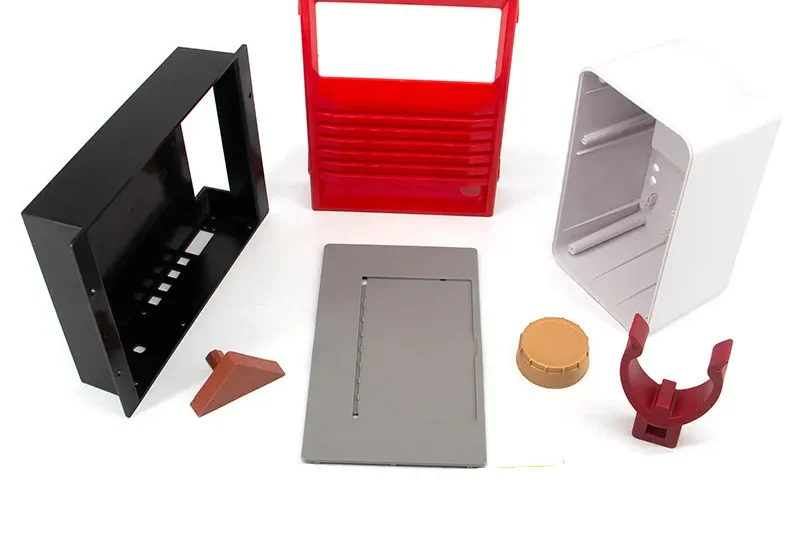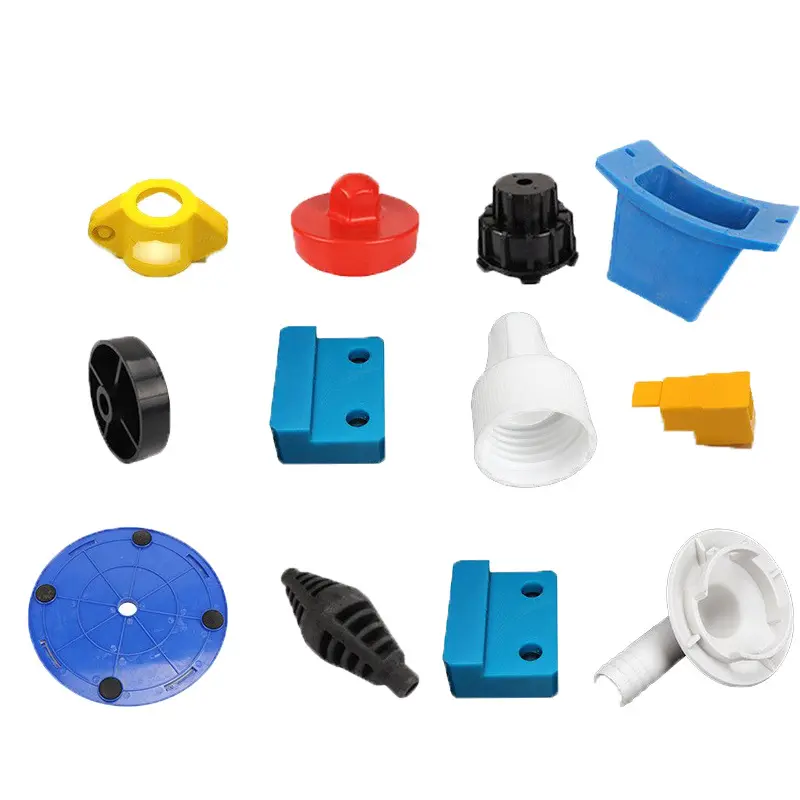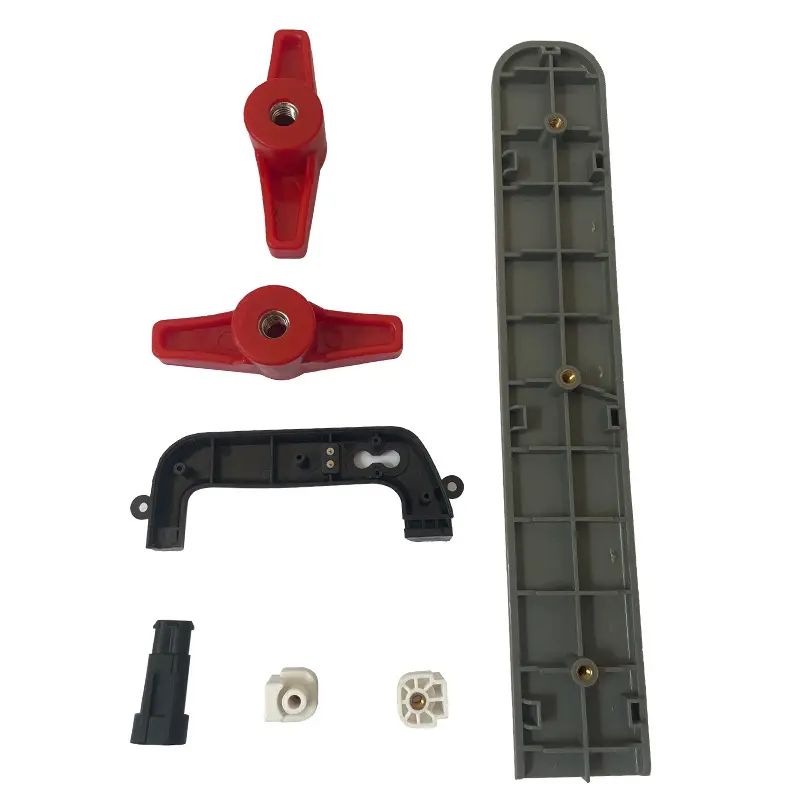- June 25, 2025
- Posted by: feinuojixie
- Category: Injection Molding News


The plastic molding business is entering a defining era where change is not only constant—it’s accelerating. From automation and material innovation to environmental regulations and shifting customer demands, the landscape is being reimagined at every level. Whether you are a manufacturer, product designer, or stakeholder in the value chain, understanding where the industry is headed is no longer optional. It is essential for survival and long-term success. In this article, we’ll explore the critical trends shaping the future of the plastic molding business and reveal why forward-thinking strategies are your best defense against obsolescence.


Digital Transformation Is Reshaping the Plastic Molding Business
Technology is revolutionizing the plastic molding business, enabling companies to achieve levels of efficiency and precision that were unimaginable a decade ago. Automation systems are streamlining production lines, reducing human error, and minimizing cycle times. Artificial intelligence is being deployed to optimize mold designs and monitor quality in real-time. Smart factories, powered by connected machines and sensors, allow manufacturers to track every step of the molding process with pinpoint accuracy. As digital integration deepens, those who embrace these tools will have a clear edge over traditional competitors.
Sustainable Innovation Is Becoming a Market Mandate
Sustainability is no longer just a buzzword—it’s a core business requirement. Consumers, governments, and corporate clients are all demanding greener solutions, and the plastic molding business is under increasing pressure to comply. From using recycled resins to investing in energy-efficient equipment and adopting closed-loop manufacturing systems, companies are finding new ways to reduce their environmental footprint. In the near future, sustainable practices will not only be a competitive advantage—they will be a prerequisite for doing business in global markets.
Customization and On-Demand Production Are Redefining Customer Expectations
Mass production is giving way to mass customization. Clients now expect products tailored to their specific needs, whether it’s a niche market item or a rapid prototype for a new launch. The plastic molding business is adapting by adopting more flexible tooling solutions, modular molds, and additive manufacturing technologies to produce small batches quickly and cost-effectively. The ability to deliver on-demand, highly personalized products will become a key differentiator in the years ahead.
Global Supply Chain Shifts Are Redrawing the Plastic Molding Business Map
The COVID-19 pandemic, rising transportation costs, and geopolitical tensions have forced a reevaluation of global supply chains. Many companies are reshoring or nearshoring production to improve resilience and reduce dependency on distant suppliers. This shift is reshaping the geographic footprint of the plastic molding business, with new manufacturing hubs emerging in regions that offer logistical advantages and economic incentives. Firms that can adapt to this changing landscape will be better positioned to handle future disruptions.
Advanced Material Science Is Unlocking New Application Potential
Material innovation is expanding what’s possible in the plastic molding business. Engineers are now working with high-performance polymers that offer improved strength, heat resistance, and durability. Bioplastics and composite materials are opening the door to applications in medical devices, automotive components, aerospace parts, and more. These advanced materials not only enhance product performance but also align with sustainability goals. As the range of available materials grows, so does the potential for creative and competitive product development.
Industry 4.0 Technologies Are Driving Predictive and Data-Driven Manufacturing
The integration of Industry 4.0 technologies is turning traditional plastic molding operations into intelligent, data-driven ecosystems. Internet of Things (IoT) devices collect real-time production data, while machine learning algorithms analyze patterns to predict maintenance needs or adjust process parameters for optimal efficiency. This shift enables proactive decision-making, minimizes downtime, and enhances quality control. Companies that harness the power of data will operate faster, leaner, and more intelligently than ever before.
Regulatory Pressures and Policy Shifts Are Forcing Adaptation
Environmental regulations are tightening around the world, and the plastic molding business must adapt to meet new compliance standards. Restrictions on single-use plastics, carbon emissions limits, and recycling mandates are reshaping production priorities. In response, businesses are rethinking their material choices, waste management systems, and product life cycle strategies. Staying ahead of regulatory trends not only reduces legal risk but also positions companies as responsible partners in the global economy.


The Rise of Emerging Markets Is Creating New Growth Opportunities
Emerging markets are poised to play a larger role in the global plastic molding business. Rapid industrialization in countries like Vietnam, India, Brazil, and Nigeria is driving demand for affordable, durable molded components. These regions offer cost advantages, expanding labor pools, and increasing domestic consumption. Companies that invest early and strategically in these markets can tap into significant growth potential while diversifying their global footprint.
How to Prepare for the Future of the Plastic Molding Business Today
The future of the plastic molding business is defined by innovation, agility, and responsibility. To stay competitive, companies must embrace digital tools, adopt sustainable practices, invest in material science, and navigate shifting global dynamics with a clear strategy. More than ever, success will depend on the ability to adapt to change—proactively, not reactively. By keeping a close eye on these emerging trends and aligning operations accordingly, forward-thinking businesses can not only survive the evolution of the industry but thrive within it.
